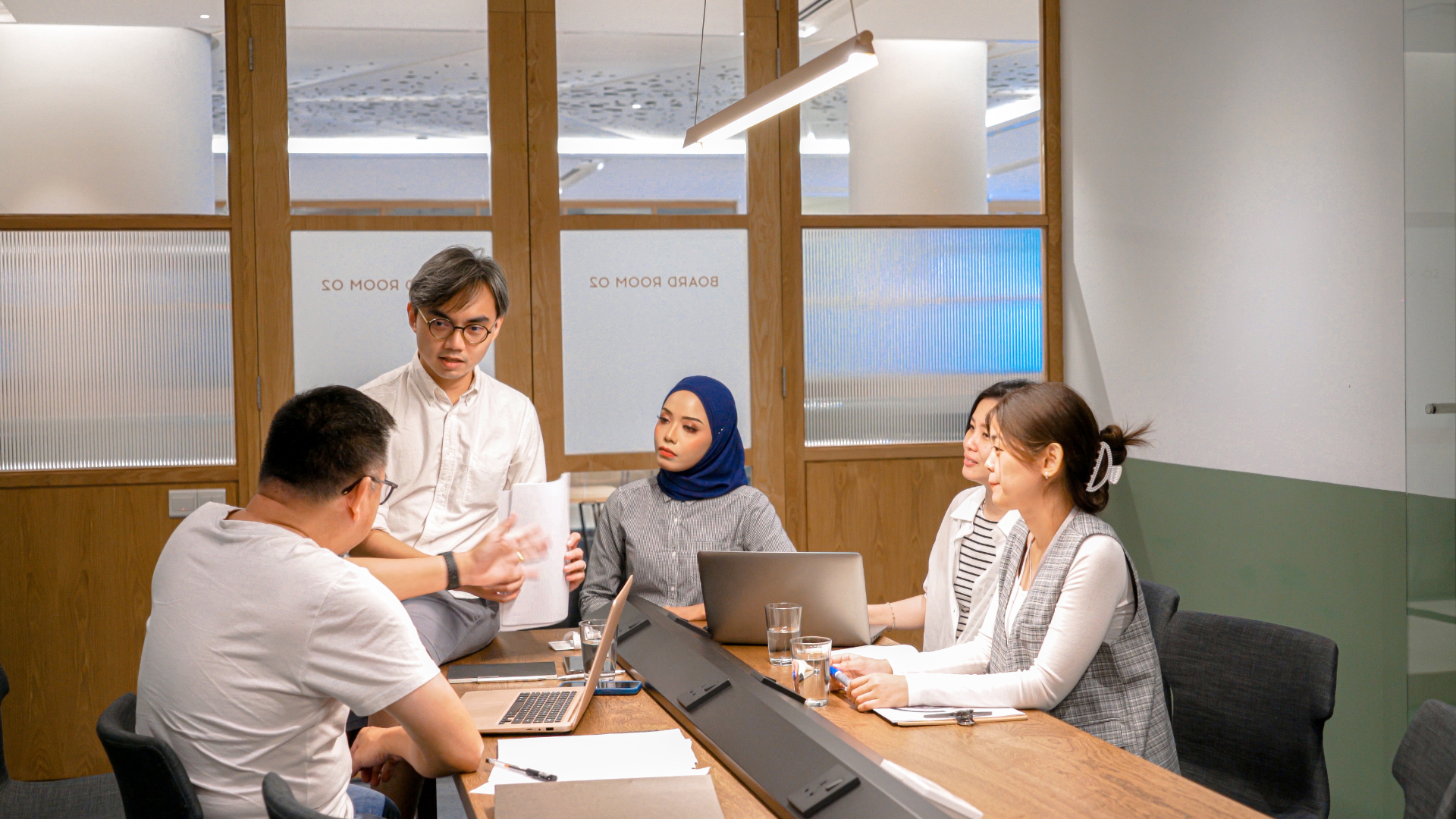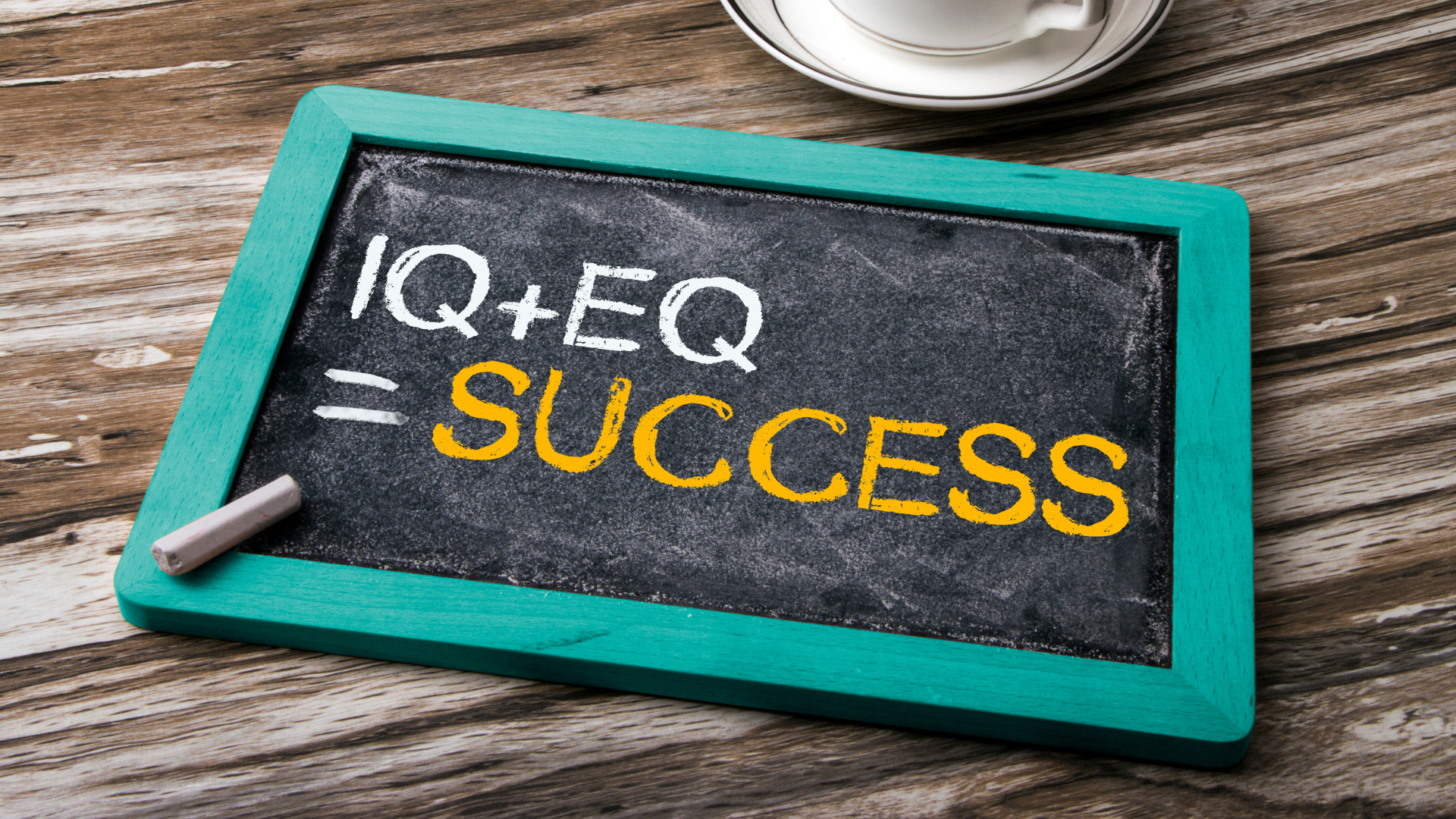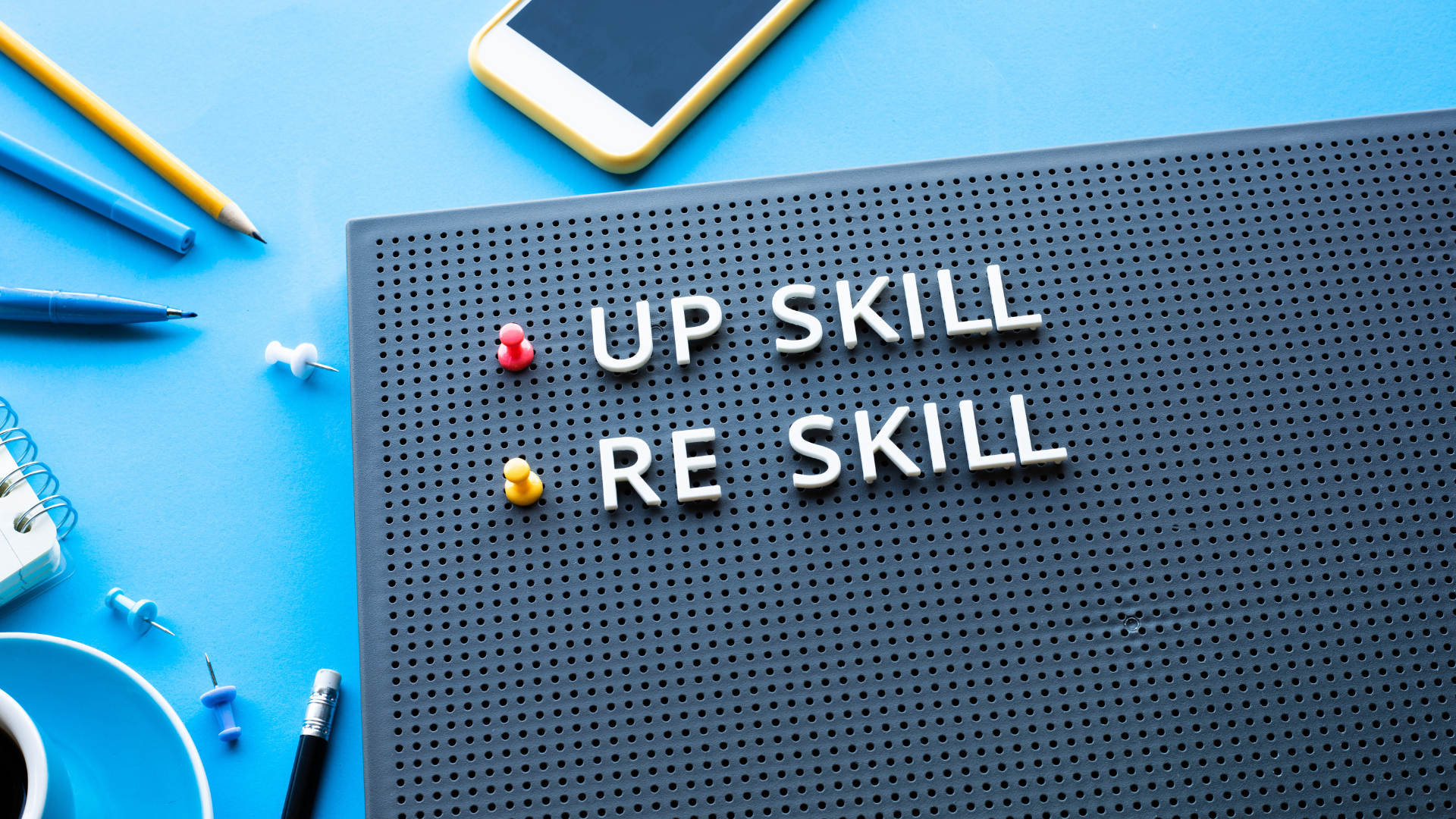Meetings are an essential part of workplace collaboration, ensuring alignment, decision-making, and progress. However, an overabundance of meetings—especially ones that lack structure and efficiency – can leave employees feeling drained, unmotivated, and struggling to stay productive. This phenomenon, often referred to as “meeting fatigue,” is becoming a serious concern for businesses trying to maintain engagement and efficiency in a fast-paced world.
What Is Meeting Fatigue?
Meeting fatigue occurs when employees attend too many meetings, often back-to-back, without enough time to focus on their actual work. The constant switching between discussions and tasks disrupts deep concentration, leading to stress, reduced creativity, and burnout.
While some meetings are essential, many could be replaced with alternative forms of communication. Yet, businesses continue to schedule them excessively. Studies have shown that unnecessary meetings can consume up to 30% of a worker’s time, reducing their ability to perform meaningful work.
The Hidden Consequences of Meeting Overload
- Reduced Productivity – Employees need uninterrupted time for deep work, but frequent meetings break concentration. When people spend their day hopping between calls, they struggle to complete tasks efficiently, leading to longer work hours and decreased output.
- Increased Stress and Burnout – Having back-to-back meetings leaves little room for mental recovery. Employees often find themselves overwhelmed, particularly when meetings run long, have no clear purpose, or result in additional work without resolution.
- Weakened Decision-Making – Too many discussions dilute critical thinking. When employees are constantly engaged in meetings, their cognitive load increases, making it harder to process information and make well-informed decisions.
- Meeting “Hangovers” – Even after a meeting ends, employees often experience a lingering mental drain, making it difficult to transition back into focused tasks.
How to Combat Meeting Fatigue
To create a healthier and more productive work environment, organizations need to rethink their approach to meetings. Here are some effective strategies to reduce meeting overload:
✅ Set Clear Agendas – Every meeting should have a well-defined purpose. If a meeting doesn’t have a clear goal or necessary action points, consider replacing it with an email or a quick update on a collaborative platform.
✅ Limit Attendance – Only invite team members who are directly involved in the discussion. Keeping meetings, small ensures that discussions remain focused and efficient.
✅ Embrace Asynchronous Communication – Not all conversations need to happen in real-time. Utilizing emails, project management tools, and recorded updates can help reduce the need for excessive meetings.
✅ Introduce “No Meeting” Days – Designating certain days as meeting-free allows employees to focus on deep work without constant interruptions.
✅ Keep Meetings Short and Purposeful – Stick to a strict time limit and ensure that meetings are action-driven. Shorter, well-structured meetings lead to better engagement and quicker decision-making.
✅ Encourage Breaks Between Meetings – Employees need time to recharge between discussions. Scheduling at least a 10-15 minute break between meetings can improve attention and energy levels.
Meetings are important, but when overused, they become counterproductive. Organizations must find the right balance – allowing for meaningful collaboration while protecting employees’ time and mental well-being.
Are meetings taking over your workday? It’s time to rethink how we collaborate and prioritize what truly matters.






